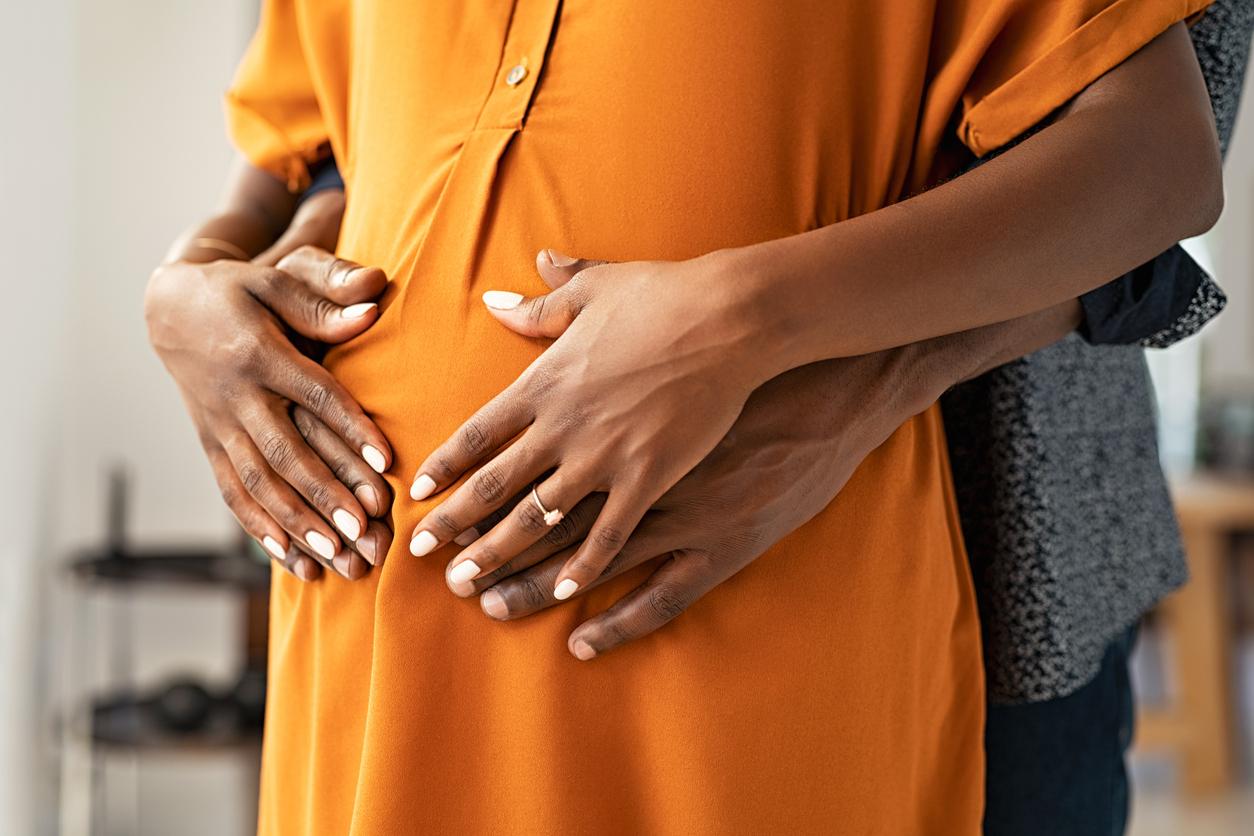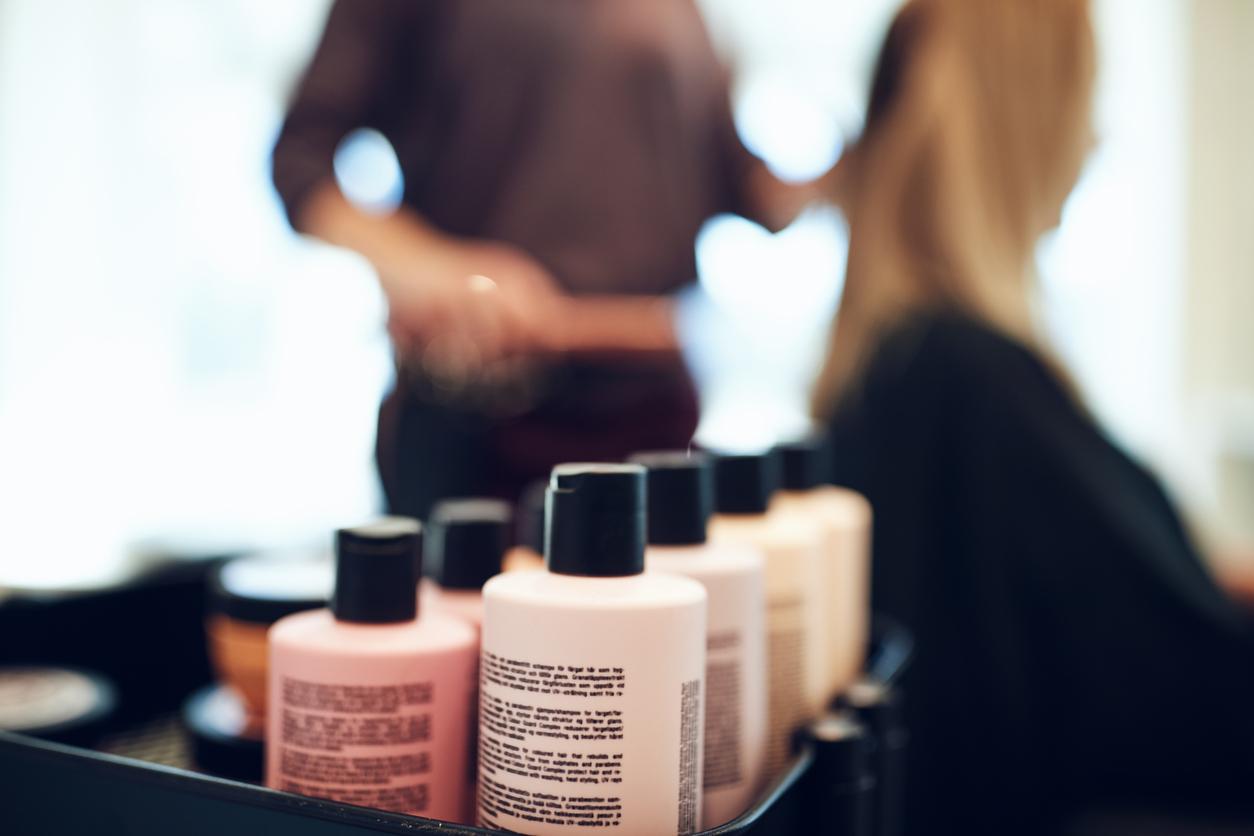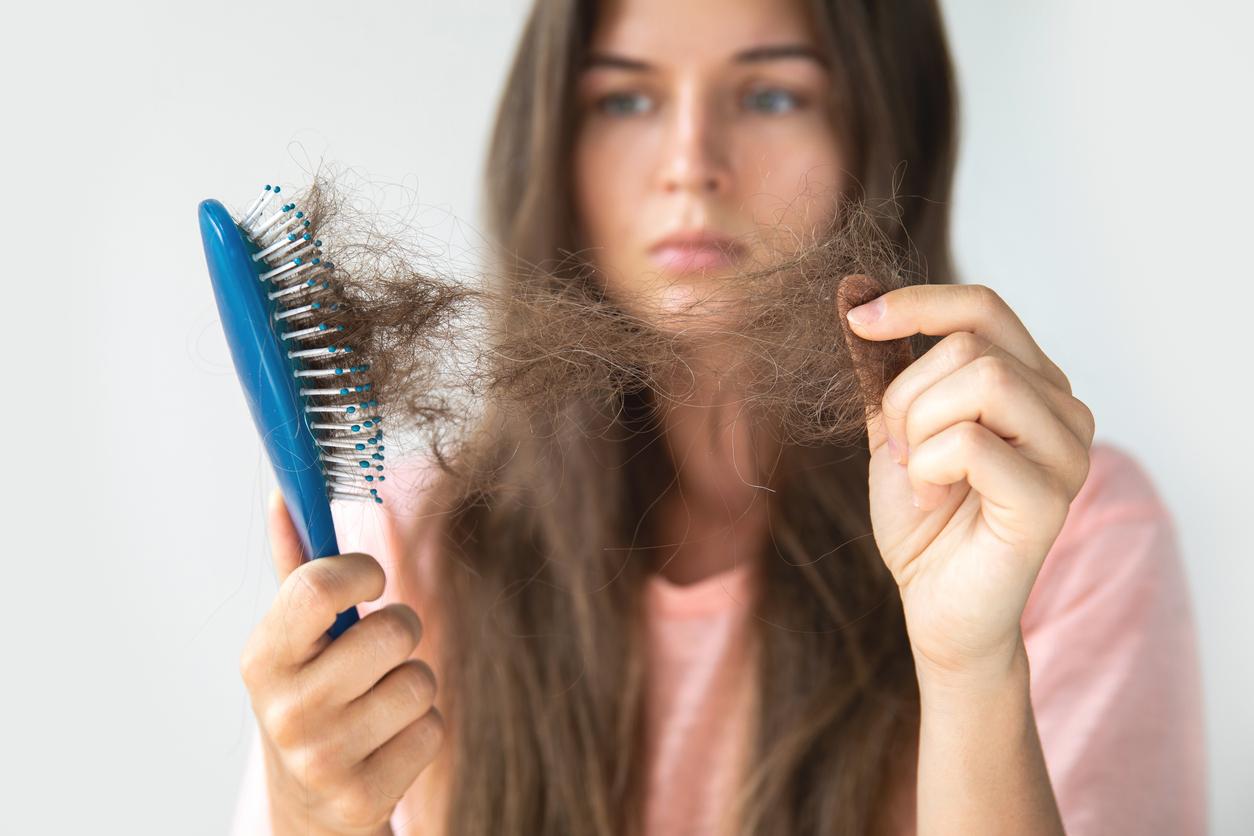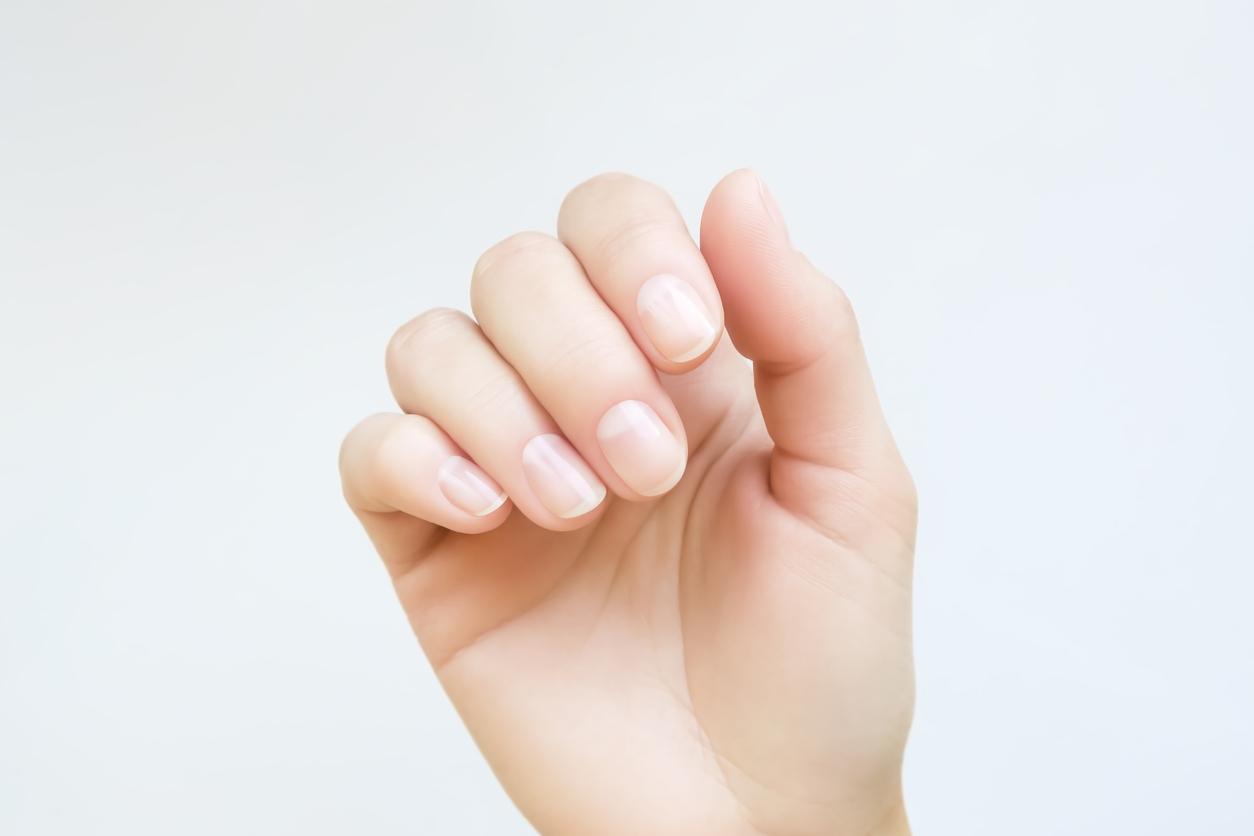Regular use of hair relaxers, as well as prolonged scalp burning or straightening, is associated with a small reduction in the likelihood of pregnancy.

- US researchers report that hair straightening products seem to be associated with a slight reduction in the chances of getting pregnant.
- The team found that black, Hispanic, and mixed-race people are more likely than other ethnic groups to use these products early in life, more frequently, and for longer durations, to the detriment of reproductive health.
- Researchers say societal pressure to conform to Eurocentric beauty standards often contributes to the disproportionate use of these toxic beauty products by people of color.
New research, published in theAmerican Journal of Epidemiology, suggest that hair straightening products can negatively affect a woman’s ability to have children. The Boston University School of Public Health (BUSPH) researchers behind the study report that these products appear to be associated with a slight reduction in the chances of getting pregnant.
Cosmetics: many chemicals cause fertility problems
The team found that black, Hispanic and mixed-race people are more likely than other ethnic groups to use these products earlier in life, more frequently and for longer durations. However, it should be noted that the results of the study did not indicate whether the amount of chemicals used at each dose could impact the chances of conception.
Funded by the American National Institutes of Health, the research is based on data from the American studies PRESTO (USPH-based Pregnancy Study Online). 11,274 participants provided information on several aspects of relaxer use between 2014 and 2022. It confirms a growing body of research linking reproductive health issues to exposure to toxic or endocrine-disrupting chemicals that are common in beauty products. Phthalates, phenols, and parabens are just a few of the substances that potentially contribute to reduced fecundability.
Ethnic disparities in exposure to toxic cosmetic products
Worse still, the researchers explain that the entirety of the ingredients that make up relaxer products are rarely displayed on the labels. Which means more data is needed to fully understand the specific mechanisms by which relaxers may affect fertility. However, this work still highlights the ethnic disparities at play when it comes to exposure to toxic chemicals in beauty care and the resulting adverse health consequences. Scientists say societal pressure to conform to Eurocentric beauty standards often contributes to the disproportionate use of these toxic beauty products.
“Our work underscores the importance of expanding research on the reproductive health effects of beauty product use to promote environmental justice and increase health equity”said the study’s lead author, Dr. Lauren Wise, professor of epidemiology at BUSPH, in a Press release.















